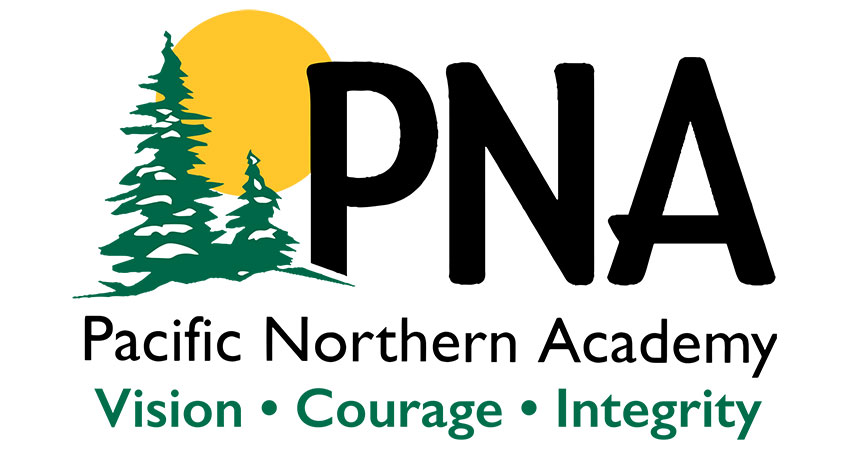e bingo near me
Unlock Your Fortune Pharaoh: 7 Proven Strategies for Wealth Building
In the realm of strategic wealth building, the journey often mirrors the structured yet flexible pathways found in modern gaming environments. Much like the game structure that allows players to make their own pacing by completing missions largely centered in open fields, individuals seeking financial prosperity must navigate expansive opportunities while adhering to proven frameworks. The concept of "Unlock Your Fortune Pharaoh: 7 Proven Strategies for Wealth Building" serves as a metaphorical guide, drawing parallels between mastering a game and mastering one’s financial destiny. Just as the game’s open areas, while large, funnel players down existing paths—limiting creative trails—wealth-building strategies can sometimes feel constrained by conventional approaches, yet they offer a foundation for growth when understood and applied effectively. This article explores these strategies through an analytical lens, integrating insights from gaming mechanics to highlight the importance of adaptability, timing, and resource management in achieving long-term financial success.
The gaming analogy provides a compelling backdrop for understanding wealth accumulation. In the referenced game, the open fields represent vast financial markets or investment landscapes, where individuals can chart their own courses but often find themselves guided by established routes. The limitation of only two desert-themed zones—one subtropical, one semi-arid—underscores a missed opportunity for variety, akin to how investors might overlook diverse asset classes, sticking instead to familiar territories like stocks or real estate. This lack of diversity can hinder wealth growth, just as the game’s repetitive environments may stifle engagement. Similarly, the absence of a minimap in these open areas, replaced by a separate and ill-used map screen, reflects the real-world challenge of navigating financial decisions without clear, integrated tools. Investors often rely on fragmented resources, such as isolated financial apps or advisors, rather than a cohesive system that provides real-time guidance. By examining these gaming elements, we can extract valuable lessons for wealth building, emphasizing the need for comprehensive planning and the avoidance of premature constraints.
One of the core strategies in "Unlock Your Fortune Pharaoh" involves embracing structured flexibility, much like the game’s mission-based pacing. The game’s design allows players to complete tasks at their own rhythm, but the early cutoff for side quests—explicitly warned and requiring a rushed completion—parallels the financial world’s deadlines, such as tax-filing seasons or investment windows. This teaches us that wealth building demands proactive time management; delaying side investments or diversifying too late can lead to missed opportunities. For instance, spreading contributions to retirement accounts over time, rather than lump-sum deposits, can optimize compound growth, mirroring how side quests would feel better distributed over a longer period. Moreover, the game’s funneling paths remind us that while wealth strategies should be personalized, they often benefit from following proven principles, such as dollar-cost averaging or debt reduction plans, to avoid the pitfalls of unproven, creative but risky trails.
Another critical aspect is the integration of tools and resources, akin to the minimap desperately needed in the game’s open areas. In wealth building, this translates to leveraging technology and data for informed decision-making. Without a minimap, players struggle with orientation, just as investors without financial dashboards or analytics may make misguided moves. Adopting digital platforms that consolidate accounts, track spending, and simulate scenarios can serve as that minimap, providing clarity in the vast financial landscape. This aligns with the "Unlock Your Fortune Pharaoh" approach, which advocates for using automated investing apps or robo-advisors to maintain direction amid market volatility. Furthermore, the game’s limited desert themes highlight the importance of diversification—a strategy emphasized in the seven proven methods. By investing across sectors, geographies, and asset types, one can avoid the "desert" of monotony and capitalize on growth opportunities, much like how varied game environments could enhance player immersion.
The analysis also reveals how psychological factors influence both gaming and financial outcomes. The frustration from the game’s constrained paths and early side-quest cutoffs mirrors behavioral biases in wealth management, such as loss aversion or herd mentality. "Unlock Your Fortune Pharaoh" addresses this by incorporating behavioral finance principles, encouraging investors to set clear goals and avoid emotional decisions. For example, the game’s explicit warnings about quest deadlines can be likened to financial advisories on market cycles, urging individuals to plan for economic downturns rather than reacting impulsively. This strategic foresight is essential for building resilience, as it allows for adjusting portfolios in response to life events, similar to how players might adapt to game narrative shifts. By learning from these gaming mechanics, wealth builders can cultivate patience and discipline, key traits for long-term prosperity.
In conclusion, the parallels between the game’s structure and wealth-building strategies offer a rich framework for understanding financial success. "Unlock Your Fortune Pharaoh: 7 Proven Strategies for Wealth Building" serves as a blueprint for navigating the open fields of opportunity, emphasizing the balance between freedom and guidance. Just as the game’s design highlights the need for better tools and varied environments, effective wealth management requires integrated systems and diversification to unlock full potential. The early cutoff for side quests reminds us of the importance of timing and consistent effort, while the funneled paths underscore the value of following time-tested methods. By applying these insights, individuals can transform their financial journeys from frustrating constraints to empowered adventures, ultimately achieving the fortune they seek. As we reflect on these lessons, it becomes clear that, much like mastering a game, building wealth is an iterative process of learning, adapting, and persevering through challenges.
